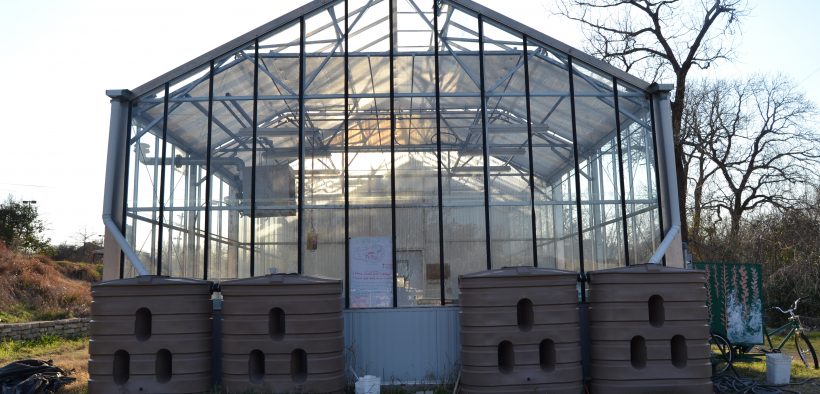Columnist Sherlyn Ong: What About Those Vegetarians?
Share

Photo by: Sherlyn Ong
By: Sherlyn Ong
There are various reasons why people are vegetarians: some people aspire to be healthier, some people don’t want to kill animals unnecessarily and some people do it because of their religion. However, what many people don’t know is that being vegetarian can also help the environment.
The difference between consuming meat and vegetables is that meat requires more resources and energy. Regardless of the type of meat, all livestock require extra feed and water. In other words, we would be delegating grain and clean water to the animals so that we can consume them. This is an issue because the amount of food that goes to livestock has the potential to feed many hungry people. Furthermore, the clean water could have also been used for other purposes.
Another problem that livestock poses, is the amount of waste that it produces. Livestock produces greenhouse gases; namely methane. The comparative effects of methane on climate change are 25 times greater than CO2 over a 100-year period. Therefore, consuming meat poses a problem.
However, the over consumption of meat remains one of the biggest problems. Meat is, and can be important in people’s diets. However, people often consume more meat than is healthy for them. Meat is associated with wealth, which is why more affluent countries tend to consume meat as a main component of their diets as the main dish accompanied by sides. This is a problem because it spurs a large amount of meat production, which in turn increases the amount of greenhouse gases and results in an allocation of resources that could instead benefit starving people.
Although the main argument is that meat is worse than produce, it is definitely not expected for everybody to become a vegetarian. However, it would definitely benefit the environment if we cut down some of our meat consumption. If you simply choose to eat 5 chicken wings and produce instead of 10 chicken wings, you will have made a difference. If you choose to eat chicken over beef, you will have also made a difference. Collectively, small contributions can make a huge impact so let’s play our part in helping the environment.
